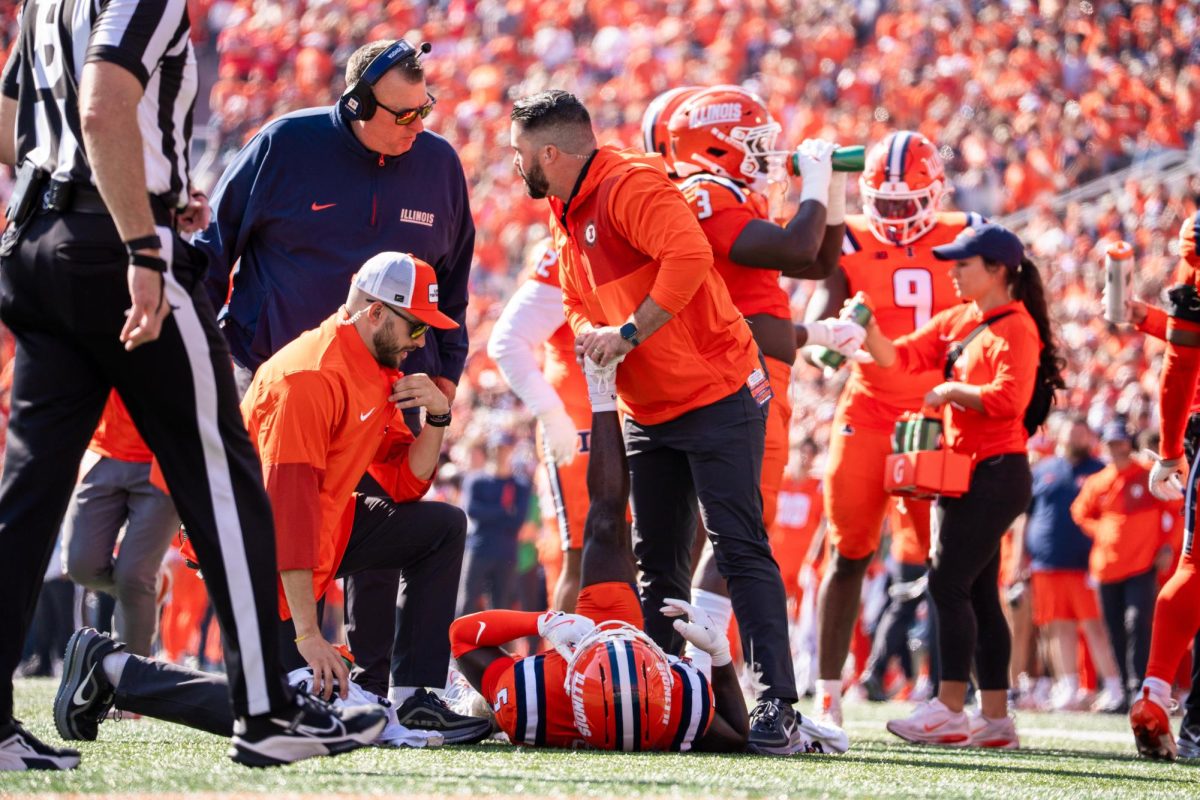Just ‘D’ facts
Vitamin D isn’t a supplement or a vitamin. It’s a hormone made naturally when your skin is exposed to sunlight. No dietary source for “The Sunshine Vitamin” even comes close to vitamin D levels made naturally from UVB exposure.
What’s important is that 77 percent of Americans are vitamin D deficient, according to government data. The vitamin D research community now recommends vitamin D blood levels of 40-60 ng/ml – levels that nature meant for you to get from regular non-burning UV exposure. Any dermatologist who tells you otherwise is ignoring the facts and clings to the irrational sun-phobia that causes vitamin D deficiency.
Indoor tanners’ average vitamin D levels are 42-49 ng/ml, according to Boston University research — sufficient levels, and 90 percent higher than the rest of the population. That comes as no surprise; a single tanning session makes more vitamin D than 100 glasses of milk. In contrast, an Australian study reveals that dermatologists at the end of summer, when vitamin D levels should be their highest, are severely vitamin D deficient at 13.8 ng/ml.
So who’s in the dark here?
Get The Daily Illini in your inbox!
Vitamin D research has proven conclusively that you are designed to interact with sunlight, just as you are designed to breath air, drink water and eat food. It’s just a matter of time before dermatology and chemical sunscreen manufacturers are exposed for overstating the risks of UV – falsely suggesting that risks associated with repeated sunburn are also related to regular, non-burning exposure. That convenient omission has skyrocketed chemical sunscreen sales, turning a sunburn-prevention product into a daily over-use product. And that has contributed to vitamin D deficiency.
It’s time to expose yourself to something that should be obvious: It’s time to let the sun back into your life.
Don Kermath
University alumus





